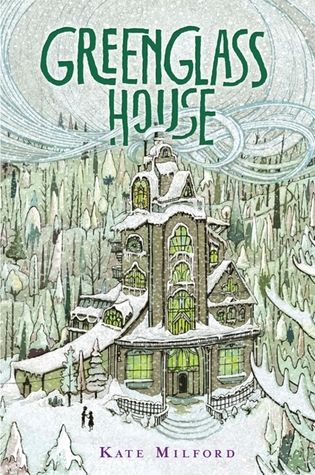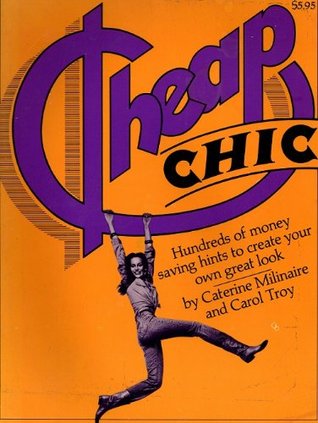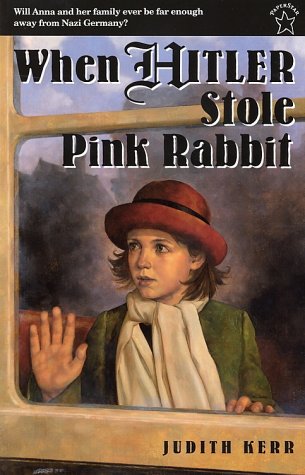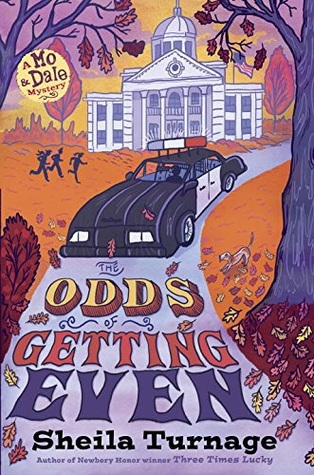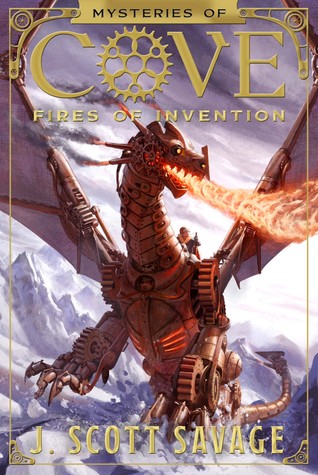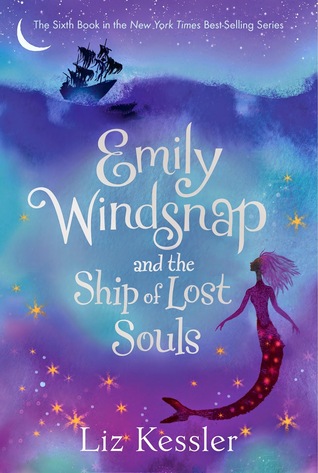 |
| Click to view on Goodreads |
(288 pages)
First, let me just say that I debated about putting that teaser at the top of the page. The story isn't plotted out at all the way it suggests, and it isn't actually until the end of the book that Minna actually takes her patchwork coat to school.
Marketing quibbles aside, though, let's talk story. I thought this was a really cool one, because it took something I knew very little about (life in the Appalachians), and turned it into a fascinating background for the story. Minna's Patchwork Coat is full of poignant messages about family, friendship, and racism, and all the way those three subjects can be woven together. A boy, Lester, who's part African America, part white, and part Native American is despised by everyone but the Native American grandmother he lives with - until he and Minna become friends. His grandmother, Aunt Nora, is so smart and so good at healing and yet is left so entirely out of the community because of the color of her skin. And Minna, of course, is just as cut out of the community, but for a different reason: she's so poor she can't afford a coat.
This is a really good example of how middle grade novels can still dig into deep topics and come up with some serious themes, without ever straying onto edgy territory. Minna's Patchwork Coat is a wonderful book for kids of any age, full of no more violence than the (unseen) death of Minna's convalescent father. It is somehow a gentle book, even as it depicts grief and racism and bullying and everything else Minna struggles with throughout the book - gentle, because it's honest without ever once beginning to relish its harsher themes. It comes across as a very honest book, portraying the true emotions and experiences of a little girl growing up in the Appalachians - one whose father dies, whose best friend is shunned by the rest of her society, and whose family is so poor she literally can't go to school because she doesn't have a warm coat for walking to school in the winter.
I think kids will appreciate the straight-forward depiction of Minna's reality, while still being enchanted by the stories behind the patchwork coat. I know I certainly would have loved Minna's Patchwork Coat at a younger age, because I would enjoy the mix of historical fiction (I always loved books that made me feel smart by teaching me something) and optimism. For at its core, despite the hard themes that run through it, Minna's Patchwork Coat is a story about an extremely optimistic girl who learns some sad truths but still does her part to draw her community together through the patchwork coat made from their most beloved memories.
Do I recommend it? Yes. I'm not going to say I think everyone should run out and buy it this instant, but I do think it's a good book. It's worth a read it it's handy, and it's definitely worth looking into if you know a kid who's into historical fiction.
Disclaimer: I received an ARC of this book from KidLitCon.
First, let me just say that I debated about putting that teaser at the top of the page. The story isn't plotted out at all the way it suggests, and it isn't actually until the end of the book that Minna actually takes her patchwork coat to school.
Marketing quibbles aside, though, let's talk story. I thought this was a really cool one, because it took something I knew very little about (life in the Appalachians), and turned it into a fascinating background for the story. Minna's Patchwork Coat is full of poignant messages about family, friendship, and racism, and all the way those three subjects can be woven together. A boy, Lester, who's part African America, part white, and part Native American is despised by everyone but the Native American grandmother he lives with - until he and Minna become friends. His grandmother, Aunt Nora, is so smart and so good at healing and yet is left so entirely out of the community because of the color of her skin. And Minna, of course, is just as cut out of the community, but for a different reason: she's so poor she can't afford a coat.
This is a really good example of how middle grade novels can still dig into deep topics and come up with some serious themes, without ever straying onto edgy territory. Minna's Patchwork Coat is a wonderful book for kids of any age, full of no more violence than the (unseen) death of Minna's convalescent father. It is somehow a gentle book, even as it depicts grief and racism and bullying and everything else Minna struggles with throughout the book - gentle, because it's honest without ever once beginning to relish its harsher themes. It comes across as a very honest book, portraying the true emotions and experiences of a little girl growing up in the Appalachians - one whose father dies, whose best friend is shunned by the rest of her society, and whose family is so poor she literally can't go to school because she doesn't have a warm coat for walking to school in the winter.
I think kids will appreciate the straight-forward depiction of Minna's reality, while still being enchanted by the stories behind the patchwork coat. I know I certainly would have loved Minna's Patchwork Coat at a younger age, because I would enjoy the mix of historical fiction (I always loved books that made me feel smart by teaching me something) and optimism. For at its core, despite the hard themes that run through it, Minna's Patchwork Coat is a story about an extremely optimistic girl who learns some sad truths but still does her part to draw her community together through the patchwork coat made from their most beloved memories.
Do I recommend it? Yes. I'm not going to say I think everyone should run out and buy it this instant, but I do think it's a good book. It's worth a read it it's handy, and it's definitely worth looking into if you know a kid who's into historical fiction.
Disclaimer: I received an ARC of this book from KidLitCon.
